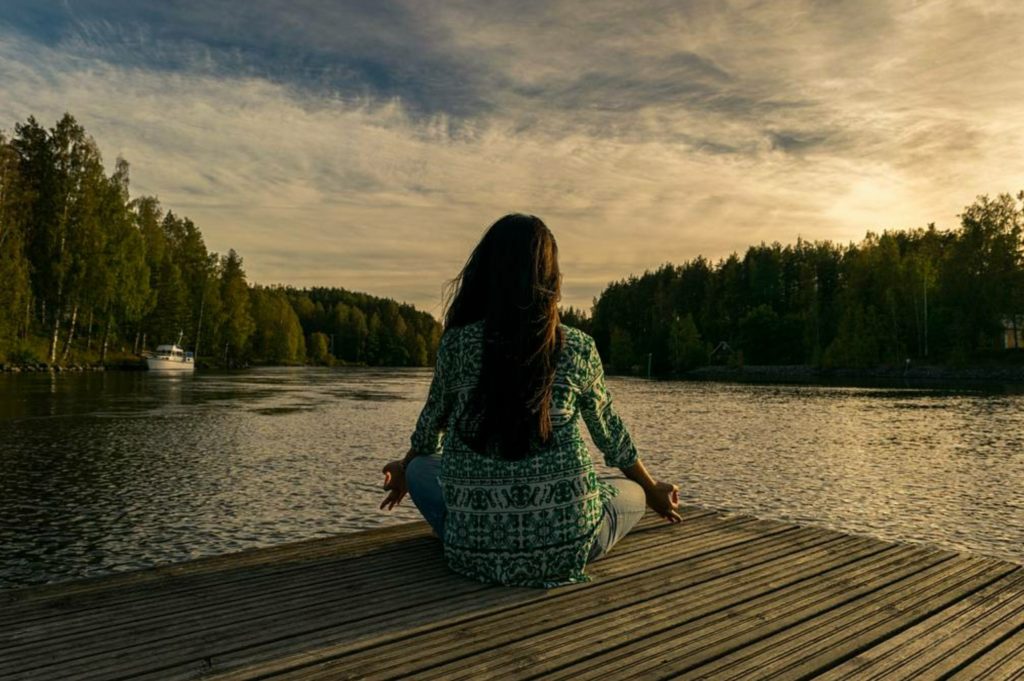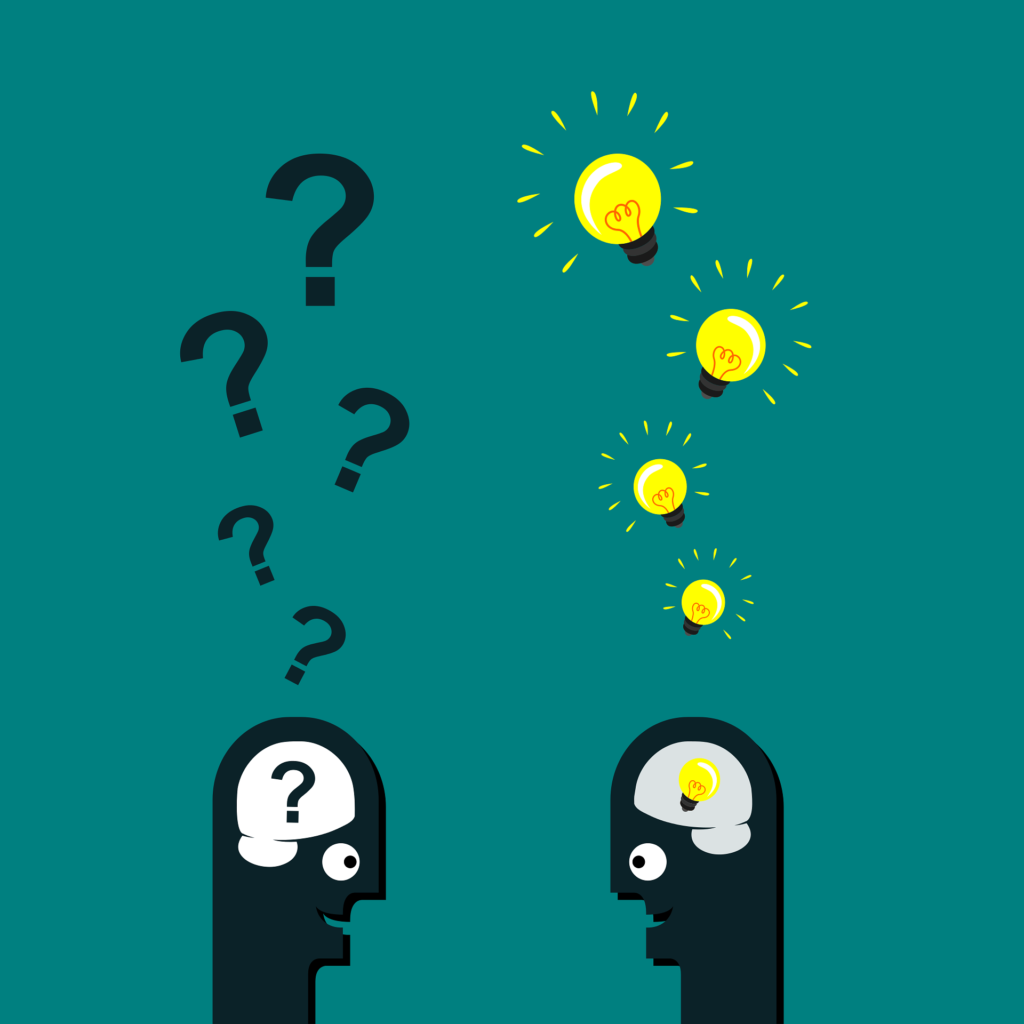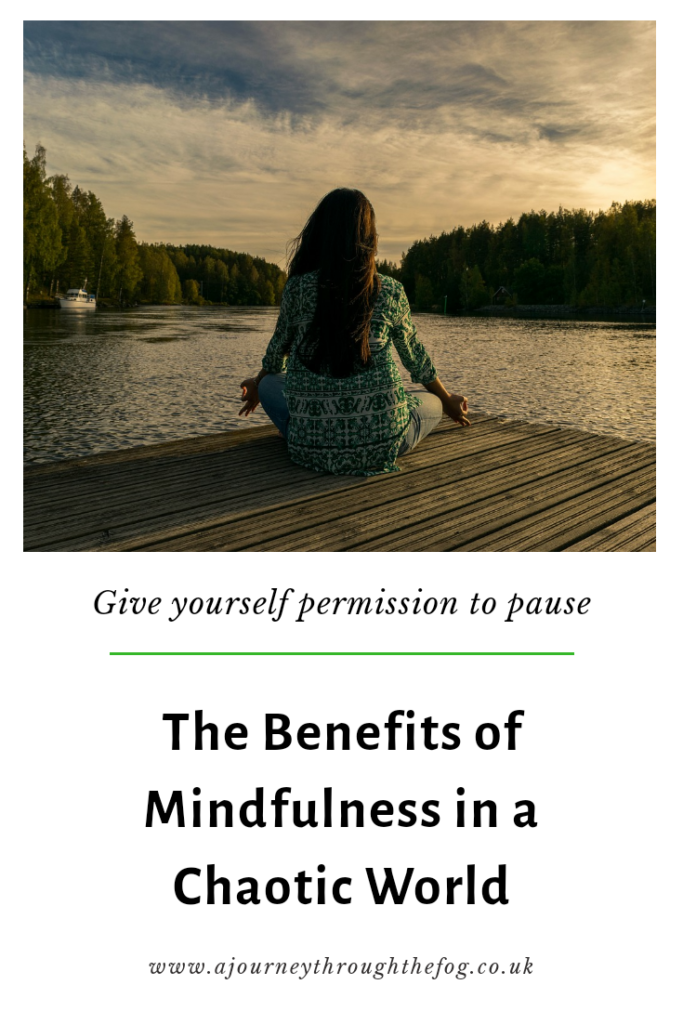
“Mindfulness is about observation without criticism; being compassionate with yourself.”
In my post Learning how to dance in the rain I touched upon the importance of embracing our lives despite chronic illness. I briefly discussed how mindfulness has allowed me to focus on the now, rather than ruminating over past mistakes or obsessing over future ‘what-ifs’.
I would like to go into a bit more detail about the importance of tools like mindfulness meditation, within the chaotic world we live in, and how I personally benefit from practicing mindfulness daily.
How success is measured within modern society

In a society that evaluates worth based on a person’s productivity, living with a life altering and restricting chronic illness can often leave us feeling lost and undervalued.
Before becoming ill, I never gave myself the opportunity to pause and enjoy life. My efforts were focused on future plans, rather than my present happiness. I don’t blame myself for this attitude – we are taught to think like this by society from an early age. In fact society often teaches us to always be striving to be better – always pushing for the next achievement. But this stops us from appreciating now and enjoying life in the present.
As a child we are taught to work hard at school so we can get the grades to go on to further education. At college or university this pressure builds further – you must work hard or you will not succeed in your chosen career. When we leave education we are thrust into the workplace, and the expectations placed upon us means rather than celebrating our educational achievements, we are told we must concentrate all our efforts on climbing the ladder – no time to pause and reflect or just ‘be’.
Our success is measured by the amount we earn, and our possessions and status. So we work harder to buy a house, a car, or create a family. We are told we have to prepare for our retirement before we have even had a chance to settle into working life. And then we spend a lifetime in the daily grind that is needed to sustain the life that is expected of us.
At what point in this cycle are we encouraged to pause and enjoy life? At what point do we stop working towards something in the future and instead concentrate on the now?
Discovering mindfulness
When my health severely deteriorated about 7 years ago, my life stopped in its tracks. I had no choice but to step off the hamster wheel that is modern life. I was forced to reevaluate my priorities and my place within society. At the time it felt like a punishment. I had to let go of my dreams and aspirations, and find a way to survive within my new limited chronic life.
My mental health was at an all-time low. I felt like a failure and a burden. My anxiety levels were out of control, and my mind was filled with desperate thoughts about my future. I knew I needed to find a way to accept myself and my ill-health. I knew I needed to adapt my thinking, and concentrate my efforts on improving my mental health, but my overactive and anxious mind made that very difficult.
This is when I stumbled across mindfulness. Mindfulness was a completely new concept for me, but it was a breath of fresh air and a completely different perspective compared to the way I was living my life.
When I look back at this very challenging time, I can actually see the positive impact it had on my physical and mental well-being. Being so ill gave me the opportunity to embrace life in a different way. It gave me the opportunity to prioritise myself, and my health. It gave me permission to pause.
What is mindfulness?

Mindfulness is a simple but powerful concept. It is the quality of being present and fully engaged with whatever we’re doing at the moment – free from distraction or judgment.
Mindfulness involves acceptance, meaning that we pay attention to our thoughts and feelings without judging them – without believing, for instance, that there’s a ‘right’ or ‘wrong’ way to think or feel in a given moment. When we practice mindfulness, our thoughts tune into what we’re sensing in the present moment rather than rehashing the past or imagining the future.
Mindfulness doesn’t eliminate stress or other difficulties; instead, by becoming aware of unpleasant thoughts and emotions that arise because of challenging situations, we have more choice in how to handle them in the moment – and a better chance of reacting calmly and kindly when faced with stress or challenges.
Health benefits of mindfulness
Mindfulness is not a new concept – meditation has been practiced for thousands of years. But there has been a growing awareness of the benefits of mindfulness in recent times, and many studies suggest it can improve our health in a number of ways. It can improve well-being, improve physical health and mental health, and there is evidence to support the effectiveness of meditation for various conditions, including:
- Stress
- Anxiety
- Insomnia
- Pain
- Depression
- Insomnia
- High blood pressure (hypertension)
- Preliminary research indicates that meditation can also help people with asthma and fibromyalgia.
I will go into a bit more detail about the science behind the health benefits of mindfulness in a separate post.
What is mindfulness meditation?

When mindfulness is discussed it’s often in the form of meditation. Meditation is simply a tool that helps us learn and embrace mindfulness.
Mindfulness is an alien concept to many of us when we first encounter it. And like any new practice, we have to educate ourselves, and train our minds to learn this new task – this is where mindfulness meditation comes in.
I found mindfulness extremely difficult to begin with. Not only did it go against everything I had been taught by society, but my anxious brain actively fought against this new way of thinking.
I started by downloading a mindfulness meditation app. This app contained a number of guided meditations which gave me some much needed structure. After a few weeks practicing mindfulness with the aid of these guided meditations, I was able to meditate and be mindful, without the app.
I’m not going to pretend it was easy. My mind is naturally active, and my thoughts constantly wandered. At first I berated myself for this, but I soon learned that this is just part of the process. It’s completely natural for our minds to wander, it’s our brain’s job after all, to process information and make sense of the world around us. The key to mindfulness is to be non judgemental when this happens.
Key principles of mindfulness
When practicing mindfulness the aim is not to control or suppress or stop our thoughts, but simply to pay attention to our experiences as they arise without judging or labelling them in any way.
Here are a few key principles of mindfulness that really struck a chord with me:
- All that matters is right now. Living in the moment is the main principle behind mindfulness. When you mind is often full of what-ifs and anxiety for the future, this way of thinking becomes quite liberating.
- Replace judgement with curiosity. I found this concept particularly effective. Rather than judging my negative thoughts, I became curious about them.
- You don’t need to find answers or ‘fix’ yourself. Accept who you are right now, not who you think you should be, or who you are striving to become
- You don’t have to battle with your negative thoughts. You can just let them come and go without placing any weight on them. You don’t have to distract yourself from them, or be afraid of them.
- Stop fighting and just ‘be’.
Mindfulness techniques

There are many ways to practice mindfulness. The goal of any mindfulness technique is to achieve a state of alert, focused relaxation by deliberately paying attention to thoughts and sensations without judgment. This allows the mind to refocus on the present moment.
I will follow up this post with a beginners guide to introducing mindfulness into your lifestyle, along with some basic techniques and guided meditations to follow. But here are a few practices that have helped me:
- Simple mindful breathing exercises
- Guided meditations
- Mindful observation
- Body scan meditations
- Mindful eating
- Sensory meditation
- Mindful listening
12 ways mindfulness has helped me
Mindfulness has had a powerful impact on my health and general well-being. Here are a few ways I personally benefit:
1. Mindfulness calms my overactive and anxious mind
2. It gives me the head space I need to rest
3. Improved sleep. By practicing mindfulness during the day, I have less to process at night when I try to sleep. This has been one of the biggest changes which had lead to improved sleep
4. Reduced fatigued. Improved sleep, and a calmer mind, has improved my fatigue – being anxious and alert all the time is exhausting
5 Improved focus. Mindfulness filters out the incessant background chatter, which in-turn allows me to focus my thoughts, even when my brain fog is bad
6. It has improved my ability to face problems and make decisions. I’m able to think more clearly, which makes decision making a lot easier
7. Mindfulness allows me to enjoy now rather than constantly worrying about tomorrow
8. It has also given me a tool to stop my constant self-judgement
9. Mindfulness has helped me to remove self-blame and stop punishing myself for past mistakes. This is particularly beneficial when I’m experiencing a depressive episode, or when I ‘crash’ after over exertion
10. Acceptance. Mindfulness has allowed me to start to accept everything about me, including, and especially, my flaws – no one is perfect. This is an ongoing process and one I still find very challenging
11. It has allowed my creative side to flourish. A calmer mind, without the constant anxious thoughts, makes room for creative ideas
12. Mindfulness allows my curiosity to thrive. I have always been curious about the world around me, and I question everything – it’s how I problem solve. Mindfulness gives me the space to explore this curiosity

Give yourself permission to pause
If we leave it to it’s own devices our mind naturally wanders away from the present moment. It constantly gets caught up in replaying the past and projecting into the future. In other words, we’re very rarely fully present in the moment.
But living in the moment, and giving ourselves permission to pause, is so important in the chaotic world we live in. And mindfulness is a powerful way for us to embrace pausing and to prioritise self-care.
I definitely don’t have it all figured out yet – mindfulness is an ongoing process. I still have days when my naturally overactive and anxious brain takes over. I still have days when I’m consumed by guilt of past mistakes. And I still have days when fear of the future takes hold. But I now have a tool in my journey through life with chronic illness and mental ill health.
I am so thankful that I discovered mindfulness. It has given me a way to accept myself, to remove self-blame, and to find enjoyment in my often challenging chronic life.
If you do decide to experiment with mindfulness, please remember to do so without judgment, there is no ‘good’ or ‘bad’. Be kind to your wandering mind. Don’t judge yourself for whatever thoughts crop up.
Do you practice mindfulness? How does it benefit your health?
For more personal stories, reviews, news, inspirational quotes and in-depth discussion, please head over to my Facebook page.

Wow, this is a very encouraging article. Thank you for sharing what works for you and the in depth explanation of mindfulness. I will definitely work on implementing this into my daily life. I will keep you updated on my progress and quite possibly, ask for advice! Thank you for all of this great knowledge!!